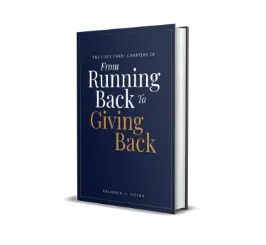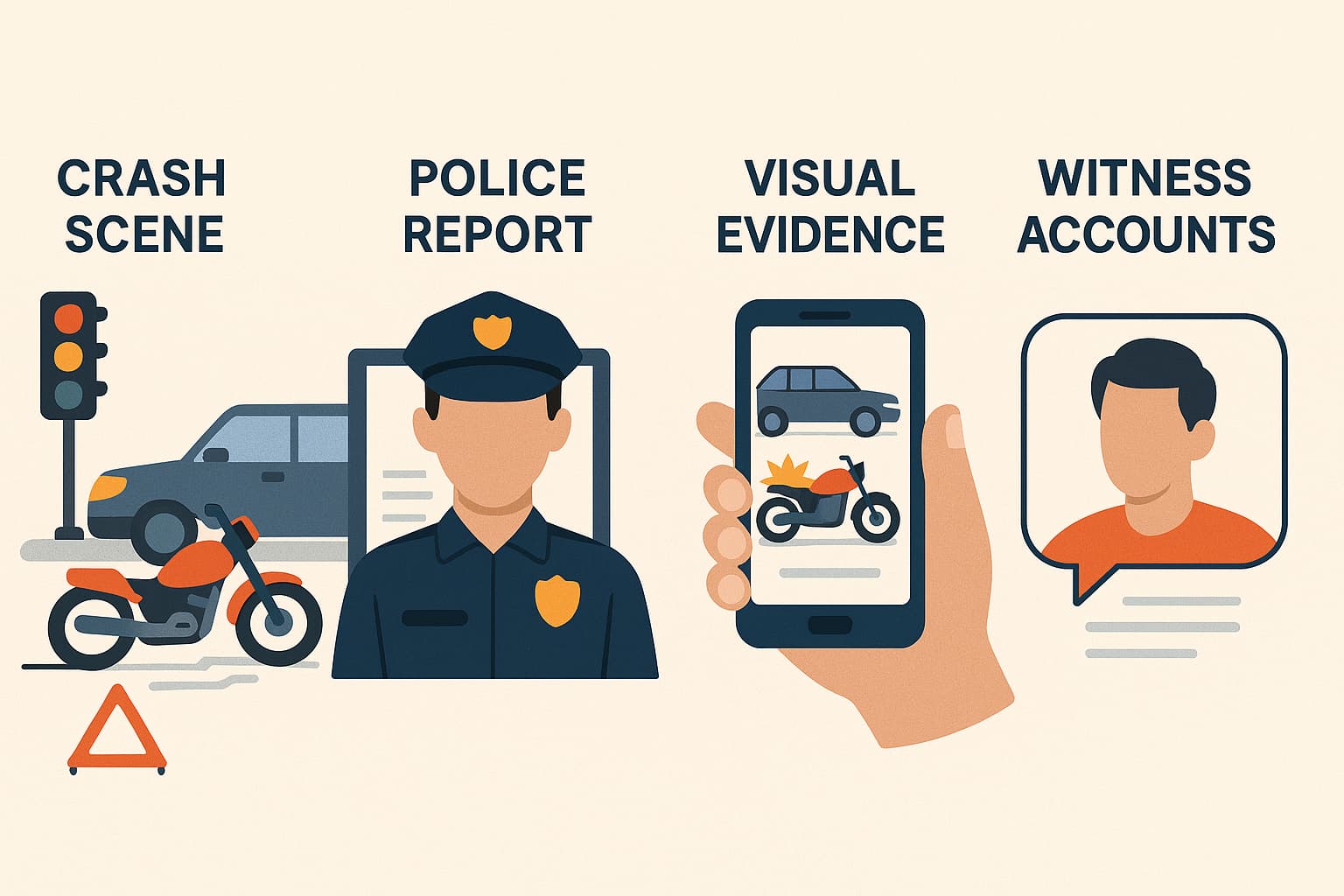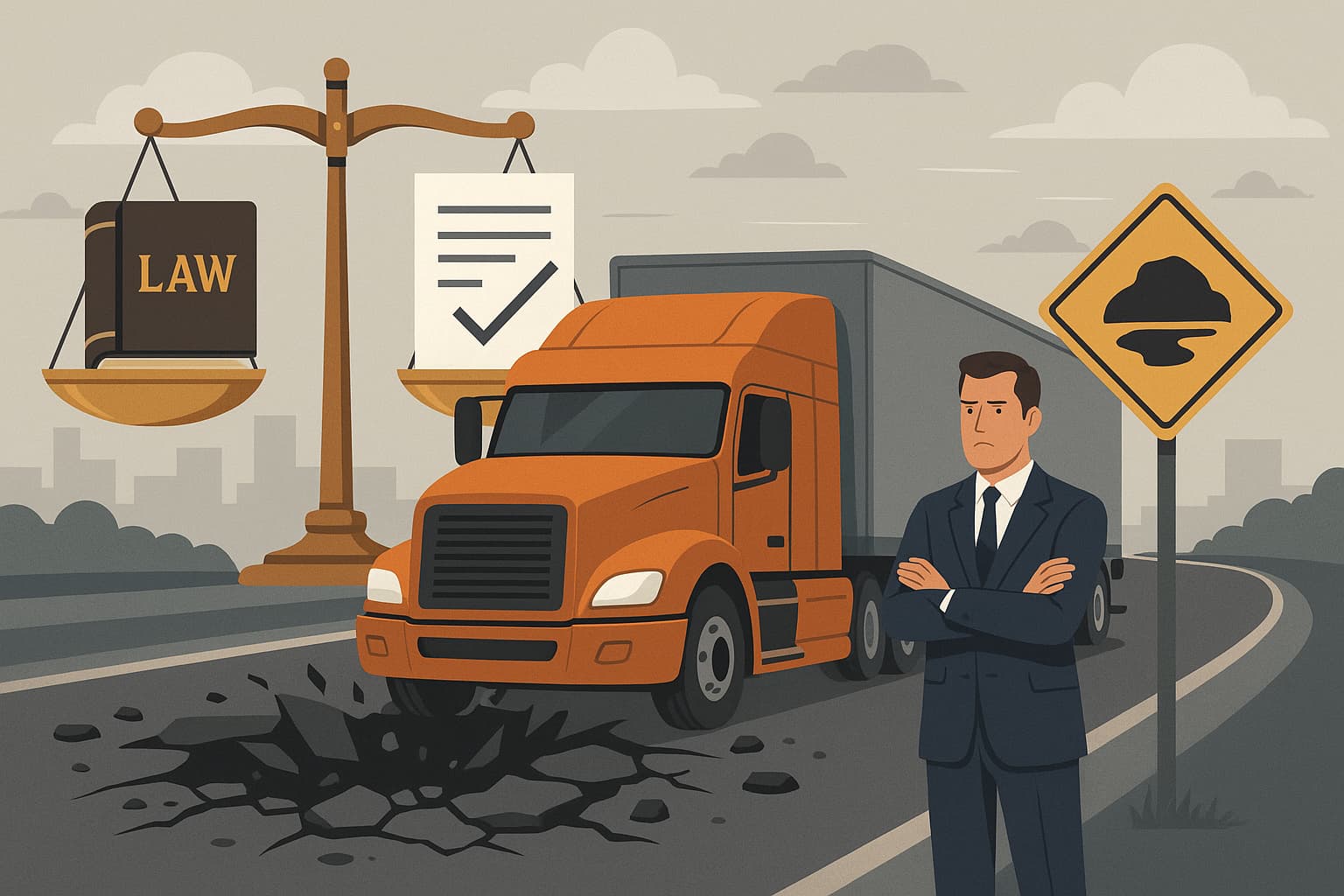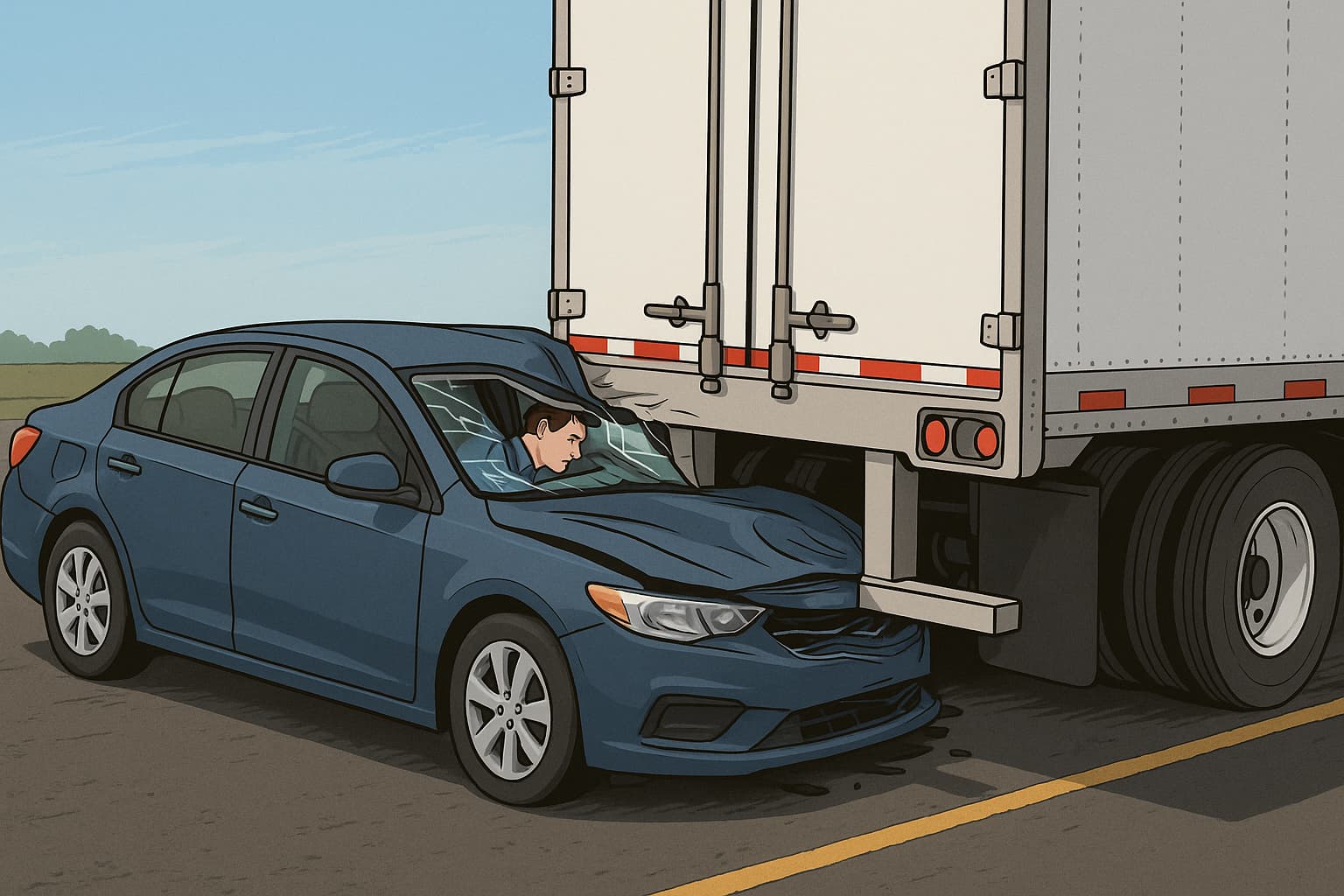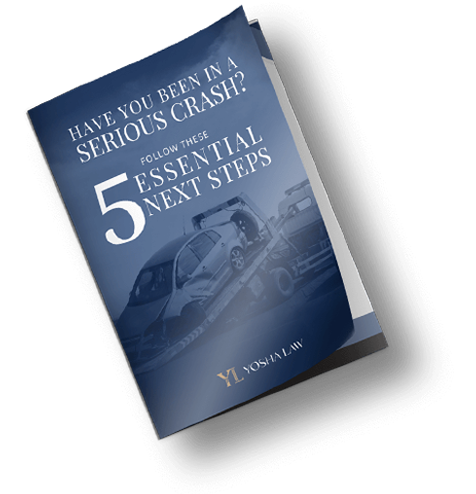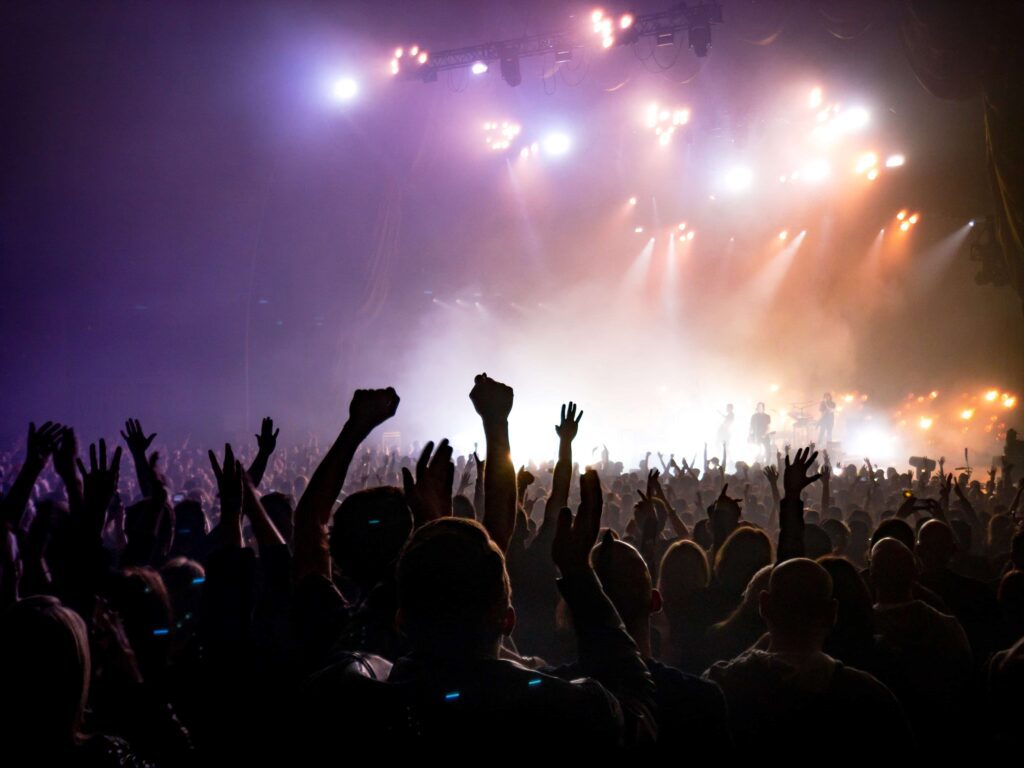
There’s nothing quite like soaking in the live moment of 10,000 offkey voices simultaneously singing along to their favorite song. Concerts stand as a favorite pastime for many, and outdoor concert venues draw in swelling crowds each summer. According to statisa.com, even when 2020 saw a plummet in concert attendance and ticket sales, 13.4 million people still caught a live music show. In 2021, during the summer surge of the COVID-19 pandemic, concert sales even broke new records. After a chaotic couple of pandemic years, as the world reopened and life found echoes of normality, popular bands launched back into touring and concert venues reopened to the public.
Live music has always captivated large audiences, and some fans even follow their favorite bands on each stop of a concert tour. You want to freely enjoy your favorite artists perform live–there’s a magic in live music that recorded tracks don’t quite capture. But what happens when alcohol, energetic music, and the hyped-up throngs collide? What if you suffer severe injury at a concert venue? What should you do, and how can you protect yourself?
An NIH study of rock concert first aid stations found that at 405 concerts, there were 1,492 patients who required medical attention. Overall attendance, temperature, and location played a minor role in injuries, but the real variable seemed to be musical genre. For example, you’re less likely to suffer an injury at a classical symphony performance than at a punk rock or heavy metal show. However, traumatic injuries and cardiac arrests accounted for the most severe patient complaints, and the study found that genre had no bearing on these events.
Examples of concerts gone wrong
Most concert venues regulate the size of the crowds in attendance, meet fire and safety regulations, and employ medical and security staff to help manage any incidents that occur. However, concert venues have also been the stage for tragic events. Some of the worst concert venues situations throughout the years include:
- The Beverly Hills Supper Club Fire, 1977: This large entertainment and event venue in Southgate, Kentucky was the setting for a tragedy that took 165 lives. On May 28, 1977, a fire broke out as popular 1970s performer John Davidson was on stage. The crowd present swelled to overcrowded levels and exceeded code regulations. Panic led to a massive herd of people running for the exits, thereby blocking the only ways out of the building. A subsequent investigation found faulty wiring at fault; the survivors and families of the victims filed the first class action, mass tort lawsuit on record in the U.S., and were awarded over $30 million.
- Station Nightclub Fire, 2003: One of the worst concert venue tragedies in recent memory, the Station nightclub fire occurred at a popular small concert venue in Warick, Rhode Island. The popular 1980s band, Great White was performing when their tour manager decided to set off fireworks as part of the performance. The resulting fire left 100 dead and over 200 injured. Again, the crowd panicked in a rush to escape, and the club’s exits log-jammed. Jeff and Michael Derderian (the Station’s owners) and Great White’s tour manager, Daniel Biechele, criminally faced over 200 counts of involuntary manslaughter and accepted plea deals in their criminal cases. A class action lawsuit was filed on behalf of the victims’ families, who were awarded $176 million from the Derderians and Biechele.
- AstroWorld, 2021: In 2021, the Houston, Texas music festival featuring Travis Scott turned tragic, costing 10 people their lives as the overcrowded venue saw people push their way toward the stage, trampling on and suffocating fellow concert-goers. Per NBC News, 2,400 people sought medical treatment as a result of injuries suffered during Scott’s show. A 2022 Vulture article cites 5,000 people injured, and multiple lawsuits facing LiveNation (the festival’s producers) and Scott himself.
Most concert venues take audience safety very seriously, but accidents can still happen. These are just a few instances of concerts that ended in heartbreaking tragedy.
*Available 24/7 & Obligation-FreeYou Get ONE Shot At Full Justice. We Make Sure You Take It.
Common injuries at concert venues
While the above examples highlight collective tragedies at concert venues, these incidents are rare. Nonetheless, people can suffer individual concert injury or illness, too. Some of the most common injuries at a concert venue include:
- Heat Stroke: Outdoor summer shows are especially ripe for heat stroke incidents. A combination of crowded spaces, soaring temperatures, alcohol consumption, and dehydration create a perfect storm for heat stroke.
- Head or facial injuries: Mosh pits and crowd surfing became popular in the 1990s, and show no signs of waning in practice today. Whether you’re a participant, or just an audience member with the misfortune of proximity to slamming bodies or a shoe to the face, lacerations, deep cuts, and hematomas may come with the territory.
- Sprains and breaks: In concert venues with open floor plans, many audience members may push to get closer to the stage. If you get caught up in the middle of the crowd, or fall on dimly lit stairs, you may find yourself with a sprained or broken ankle.
How to prevent injury at a concert venue
You may not have complete control over whether or not you experience an injury at a show, but you can prepare yourself and hopefully avoid trauma.
- Drink a lot of water. Keeping yourself hydrated may prevent heatstroke.
- Wear comfortable shoes. Sneakers with solid tread are an excellent option for protective concert fashion. Stay away from high heels or loose sandals.
- Have an ID and any personal medical identification with you.
- Discern where all exits are located before your show begins.
- Try to stay on the edge of the crowd, rather than in the middle. You will have a greater chance of avoiding a stampede or panicked group of people.
- If you should find yourself falling to the ground, shield your head with your arms.
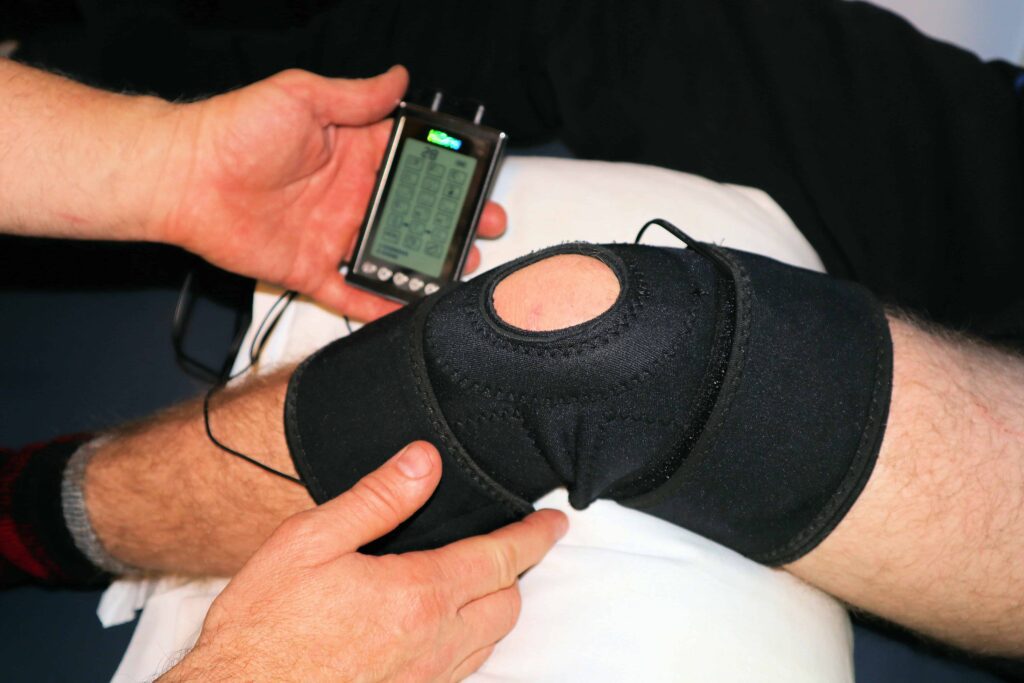
What to do if you’re injured at a venue
If you do have the misfortune of suffering an injury at a concert venue, there are steps you can take to ensure you receive treatment and are compensated for any trauma inflicted. You may want to:
- Find a medical center at the venue to seek immediate treatment.
- Seek outside medical care. See a doctor to receive further treatment and diagnosis.
- Contact a credible personal injury lawyer. The right personal injury lawyer can help you navigate through any future legal action against liable insurance companies.
You don’t have to avoid the fun of visiting a concert venue, but you should prepare and protect yourself from the chaotic scenarios you could experience.
Workers’ compensation insurers are not on your side, and they will find ways to deny your claim or to keep it in limbo as long as possible.

